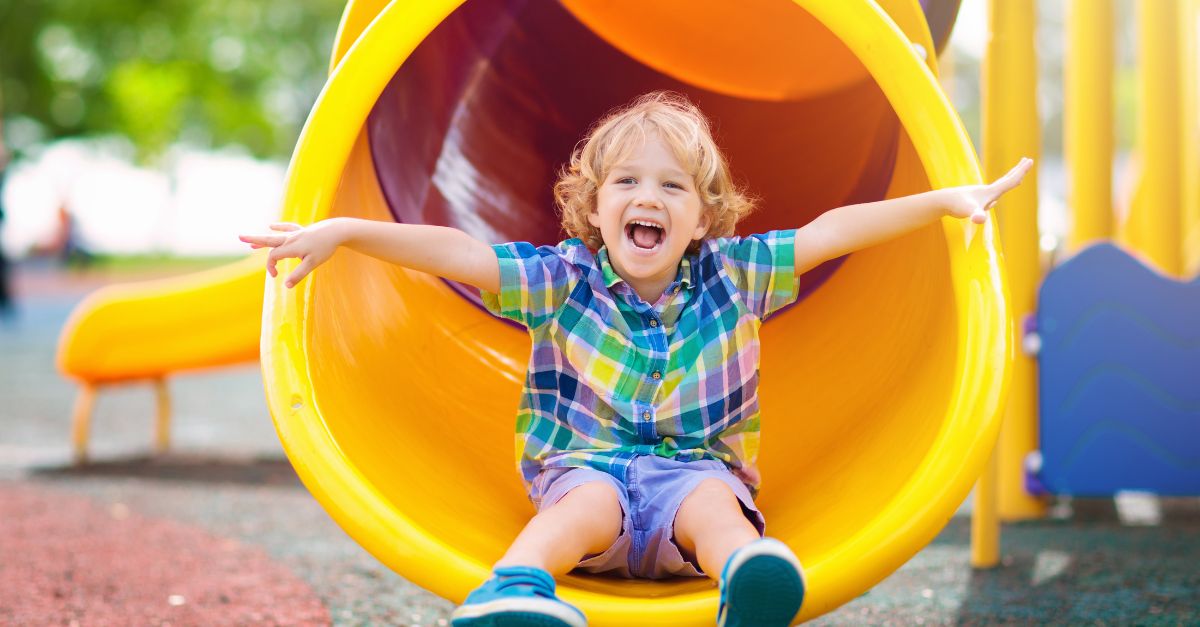What is an Early Childhood Educator?
An Early Childhood Educator must play various roles and master a number of diverse skills, all while staying up-to-date on research in the exciting and ever-changing study of early childhood education.
Many parents and caregivers alike often ask, “What is an early childhood educator?” – But the answer is not always clear. The qualifications of an early childhood educator vary from province to province and state by state, but many preschool teachers hold a bachelor’s degree or have completed post-secondary education in the areas of early childhood development and teaching. They also work in a variety of settings – from preschools and nursery schools to primary grade classrooms, home daycare programs, special education classrooms and more.
For all early childhood educators, it is important that they help to create a healthy environment for social, physical, intellectual and emotional learning for children, design curriculums to address the different stages of child learning and development, and overall, provide a professional level of care for young children.
The Characteristics of a Great Early Childhood Educator
Though the qualifications and experience of an Early Childhood Educator (ECE) may vary, there are a number of characteristics that are common amongst all great early childhood educators:
They stay up to date on current research. A great ECE will always look for ways to enhance how he or she works with children. ECEs must teach according to how children learn, and staying in touch with current research will inform how they facilitate learning at their care center.
They are flexible. Being able to change lesson plans on the fly is an essential skill for early childhood educators. Lesson plans will have to be adjusted to meet the individual needs of each child in their care, and they must be able to adapt accordingly for those students who may be further behind or more advanced than others.
They have great communication skills. All child care providers must have the skills necessary to communicate with young children on their level. Plus, they must also be able to communicate with parents about the needs, learnings, problems and successes that their child has experienced. The best ECEs have mastered oral and written communication that gets their message across to someone at any age.
They are patient. An ECE needs to have learned the art of patience in order to effectively manage the short attention spans of young children. A child does not always follow directions or pick up new skills quickly, so educators must be extremely patient and learn to reinforce and repeat classroom rules and instructions. A good ECE is patient with the progress of their students and will work to address the individual needs of each child with the help of parents and other staff.
They are passionate. Finally, all early childhood educators must be passionate about teaching. Great ECEs are enthusiastic about encouraging development in young children and find it rewarding to watch a child begin to understand a new concept, demonstrate responsible behavior and work well with other children.
Explore the HiMama blog for news, resources and great tips for parents and caregivers alike!
Related Resources
- 7 Challenges of Being a Preschool Teacher
- How to Stay Current as an Early Childhood Educator
- Continuous Professional Learning for Ontario Early Childhood Educators
- Early Childhood Education Career Path Possibilities
- 3 Reasons to Pursue an Early Childhood Educator Degree
- How to Create a Professional Portfolio for Educators
- 5 Tips to Make Your Educator Portfolio Stand Out
Ron is the Co-Founder of Lillio a social-purpose business that helps early childhood educators improve learning outcomes for children.
More by Ron

